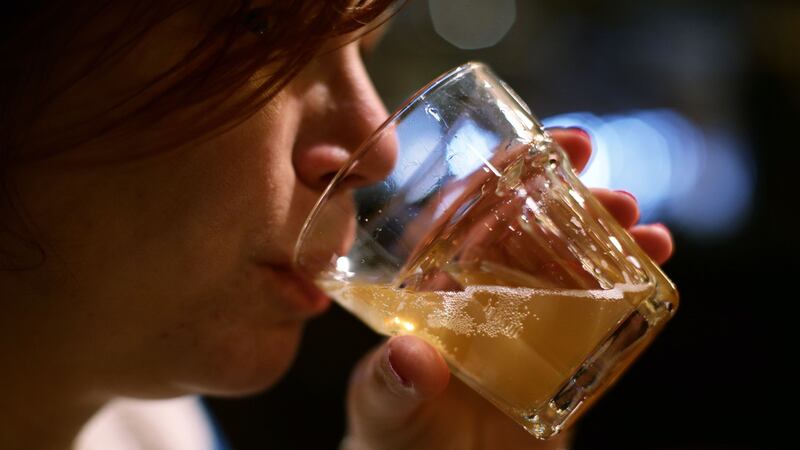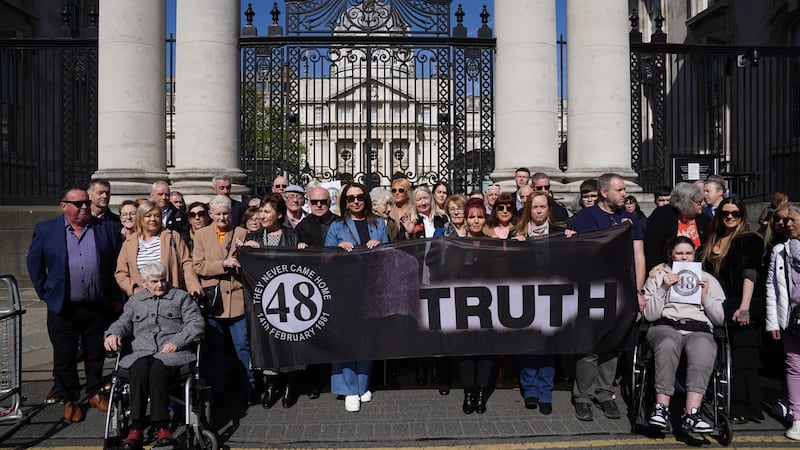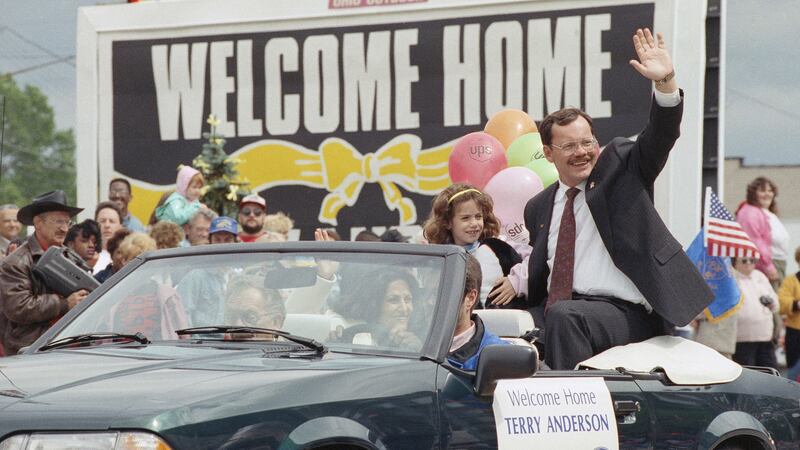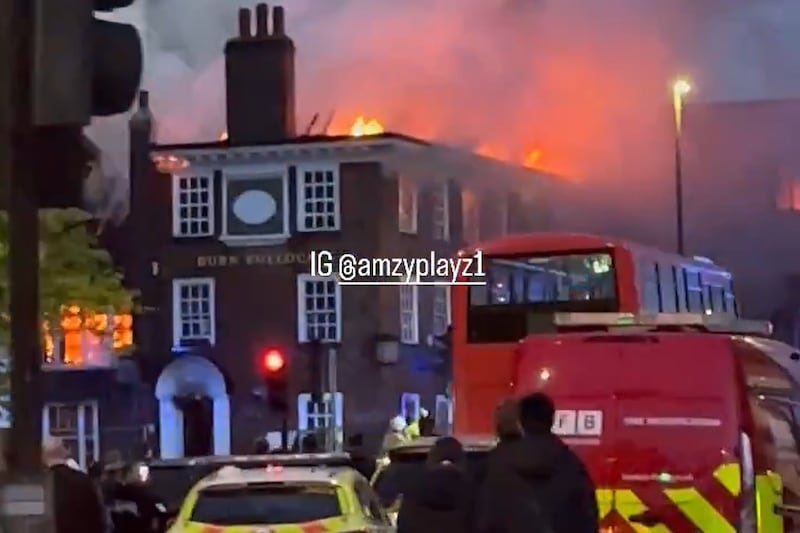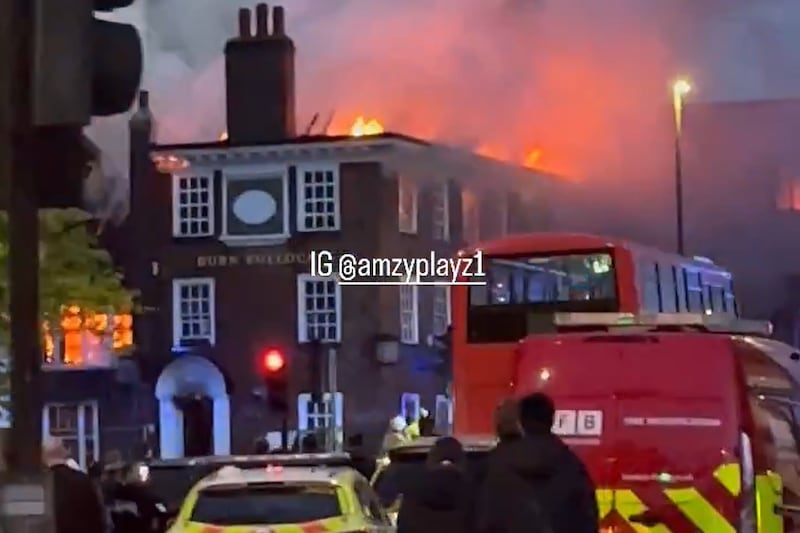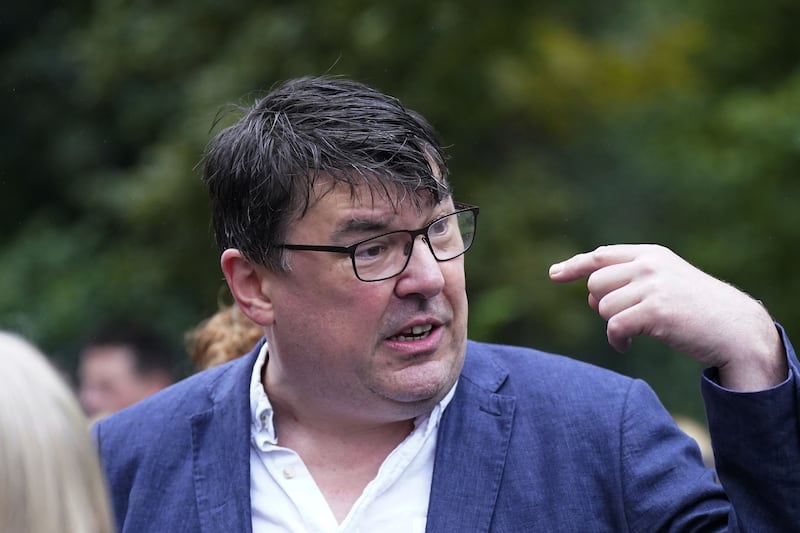Pubs in the Republic are unlikely to open in June, chief medical officer Dr Tony Holohan has said.
It comes as publicans urged the Irish Government to allow them to open earlier in the country's phased recovery plan, after presenting a range of social distancing proposals.
Bars are currently scheduled to open in the fifth and final phase of the blueprint, on August 10.
Cafes and restaurants are set to start welcoming back customers in the third phase, on June 29.
The Licensed Vintners' Association (LVA) and the Vintners' Federation of Ireland (VFI) want pubs to open at the same time as cafes and restaurants.
However, Dr Holohan told RTE's Sean O'Rourke show that the sector should prepare to open on the date laid out in the Government's roadmap.
Dr Holohan also said that visitors did not take Covid-19 into nursing homes in Ireland.
He added: "We followed the infection and we can see the point at which this infection occurred in the general population was about two weeks earlier than the point at which it began to appear in nursing homes.
"At the point we introduced the visitor restrictions and said now is the right time to stop visiting, not just to nursing homes but to hospital and other healthcare settings where there are vulnerable people, at that point was before we had any clusters infection reported.
"It was at least another two or three weeks before we began to see an increase."
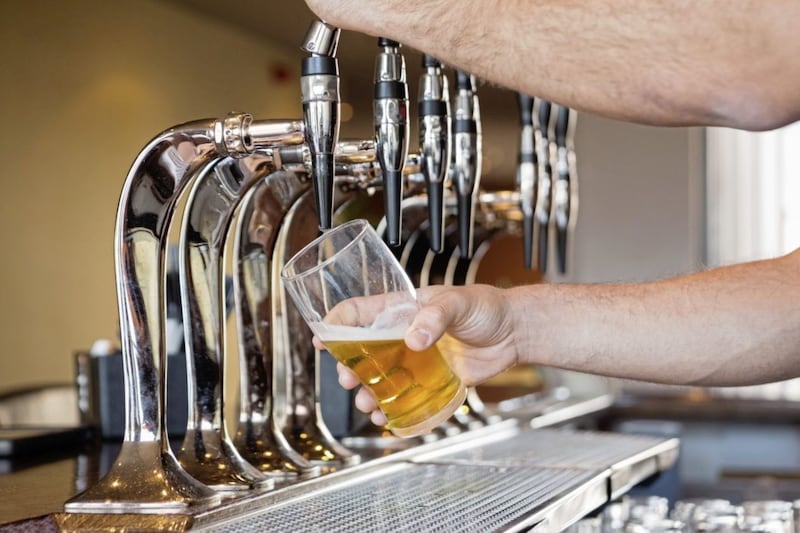
Meanwhile, people will lose their eligibility for the Covid-19 pandemic payments if they are offered their job back and refuse to accept it, Taoiseach Leo Varadkar has said.
A series of payments were introduced by the Government in March after businesses were forced to shut their doors as Covid-19 spread across the country.
Figures from the Department of Social Protection show a total of 598,000 people have received the €350 per week Covid-19 pandemic unemployment payment.
Mr Varadkar told Pat Kenny on Newstalk that the pandemic unemployment payment and the temporary wage subsidy "can't last forever".
He said: "In order to withdraw them, you would do it in a gradual way and you would do it as businesses have the opportunity to reopen and as people have the opportunity to get their jobs back.
"Bear in mind if you are offered your job and you refuse to take your job back, you'd lose eligibility for that payment.
"But that hasn't arisen yet and in some cases that may not arise until August."
Mr Varadkar said the payment will be extended beyond the middle of June, adding that the details of how long the scheme will run for has not been finalised.
"Minister Regina Doherty is developing an options paper for government and should be able to make that decision by the end of May," Mr Varadkar added.
"About a quarter of the people who receive this payment are actually getting more every week now than they did when they were working, largely because they were part-time workers.
"I'm happy about that, you know I don't want to begrudge anybody the payments, but I don't think anyone ever intended or expected to be better off as the consequences of the pandemic.
"What we wanted to do originally was to give people about 70% of what they had earned previously every week, up to a maximum of 350, but in order to administer that it would have taken many weeks to do that.
"We would have left people short or with no money at all for weeks."
